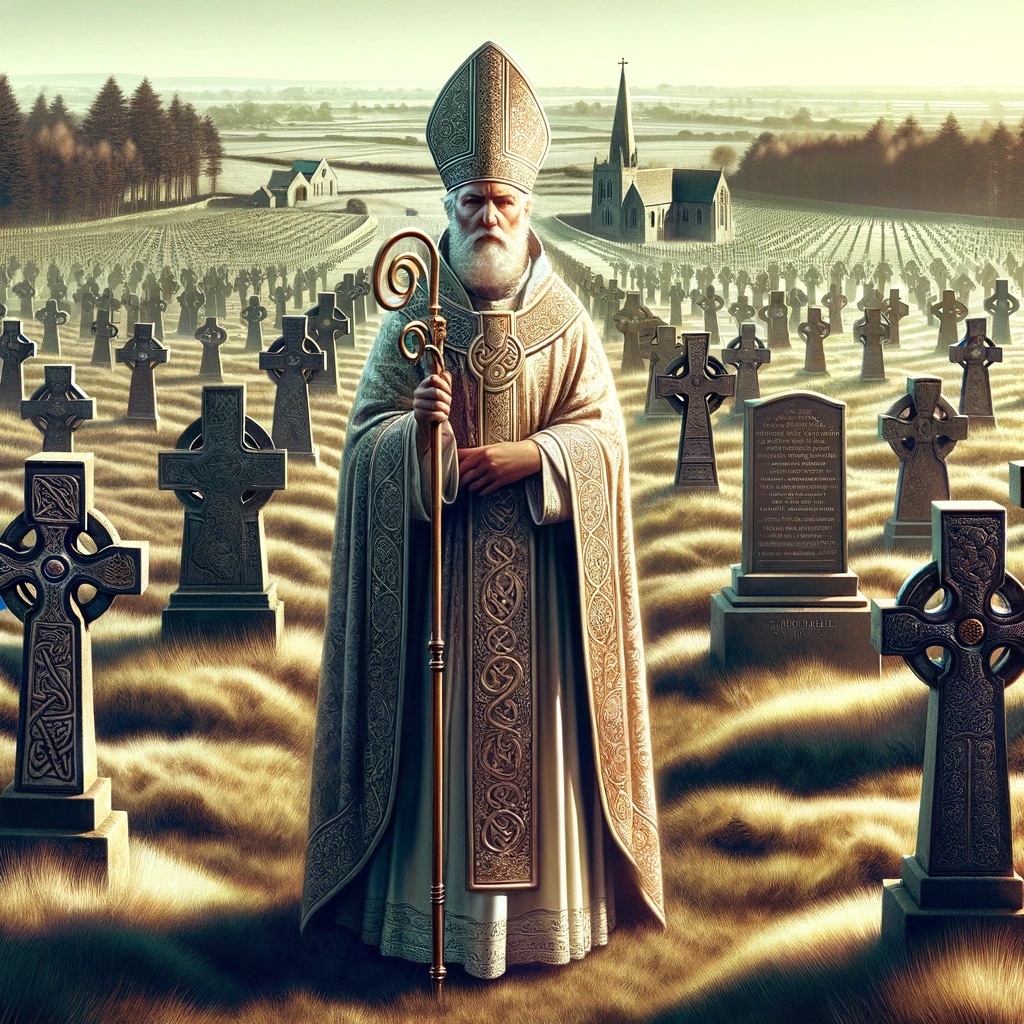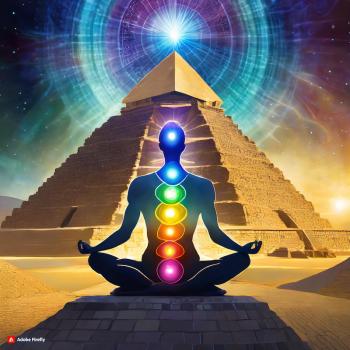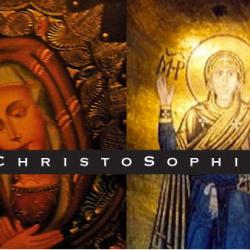
Today is St. Patrick’s Day which is celebrated worldwide with parades, wearing green so one doesn’t get pinched, and partaking in Irish food and drink. The fun festivities aside, there is a historical undercurrent that suggests a more complex, even dark legacy of St. Patrick.
St. Patrick is the Catholic patron saint of Ireland as he led the Irish to Christianity in the 5th century. This “celebrated” conversion came at a significant cost to the ancient spiritual traditions of the Celtic people. Their rich tapestry of beliefs, which encompassed a deep reverence for nature and the interconnectedness of all life, and a complex pantheon of deities to rival those of the Greek, Romans and Indians, was supplanted, sometimes violently, by the doctrines of Roman Catholicism.
As history shows, the arrival of St. Patrick and the spread of Christianity led to the systematic dismantling of the Celtic spiritual tradition. Today we would call this cultural genocide, simular to the oppression of the Tibetan people happening today by the Chinese government. Sacred groves were cut down, idols were destroyed, and Druids, the priestly class of the Celts, were demonized, persecuted and in many instances murdered. The Celtic festivals that had been celebrated for millenia were hijacked and altered by Christian themes or abolished entirely. The famous narrative of St. Patrick driving the “snakes” out of Ireland is often interpreted as a metaphor for the eradication of these ancient Celtic beliefs.
The Celtic spiritual steam is renowned for its profound connection to nature and the mystical. This ancient spiritual path celebrates the sacredness of the natural world, seeing divinity in the rustling leaves, the flowing rivers, and the cycles of the seasons with a particular emphasis on the solstices and equinoxes. The Celts’ view of the interconnectedness of all life fosters a sense of kinship with the world around us, encouraging a life lived in harmony with the natural order. A parallel to this spiritual orientation can be seen among today’s indigenous tribes of North America, but the Celtic tradition stands alone in its intellectual depth, artistic expression, and its devotion to the natural world. The Celtic cross, which predates Christianity by thousands of years, symbolizes this tradition and its synthesis of the earthly and the divine.
The Celtic spiritual tradition is also unique in its rich oral literature, including myths, poetry, and legends that convey profound spiritual truths and ethical wisdom. Its emphasis on community and the celebration of cycles of the seasons and the cosmos through storytelling, music, and art reflects a vibrant spirituality that not only resonated with the ancients, but has profound relevance to our world today as we grapple with climate change and a growing separateness.
Today’s celebration of St. Patrick almost always overlooks these historical contexts. While it should be a day of great pride for the Irish and those of Celtic descent, it’s worth asking at what cost that pride comes. The spiritual practices and beliefs that were once integral to Irish identity have been largely forgotten or relegated to the realm of folklore.
This is not to suggest that St. Patrick’s Day should not be celebrated, but rather that it should be celebrated while acknowledging the nuances and complexities of Celtic and Christian history. It is a chance to educate the world about the Celtic spiritual traditions and how they may help us better navigate some of today’s most complex societal challenges.













